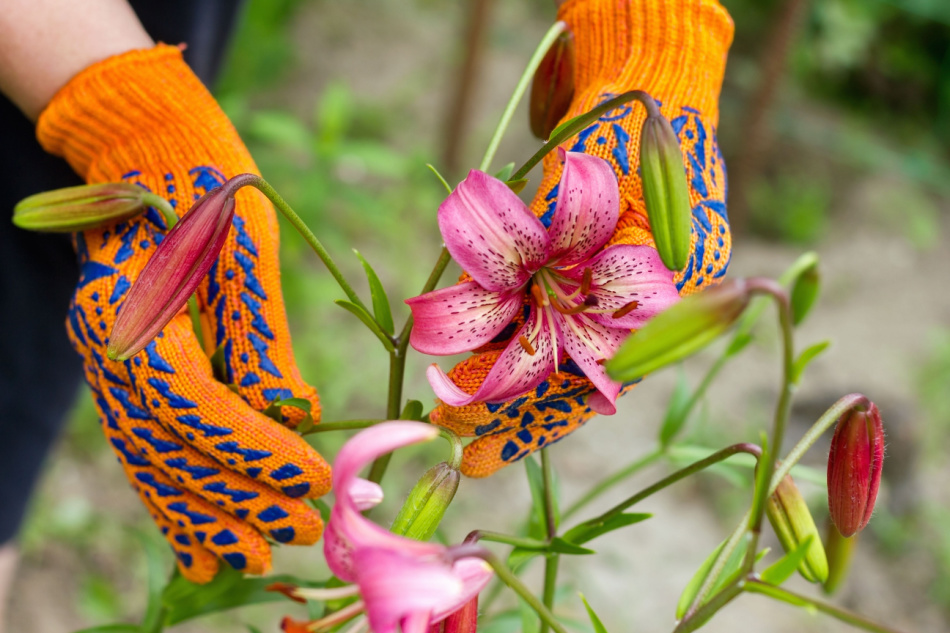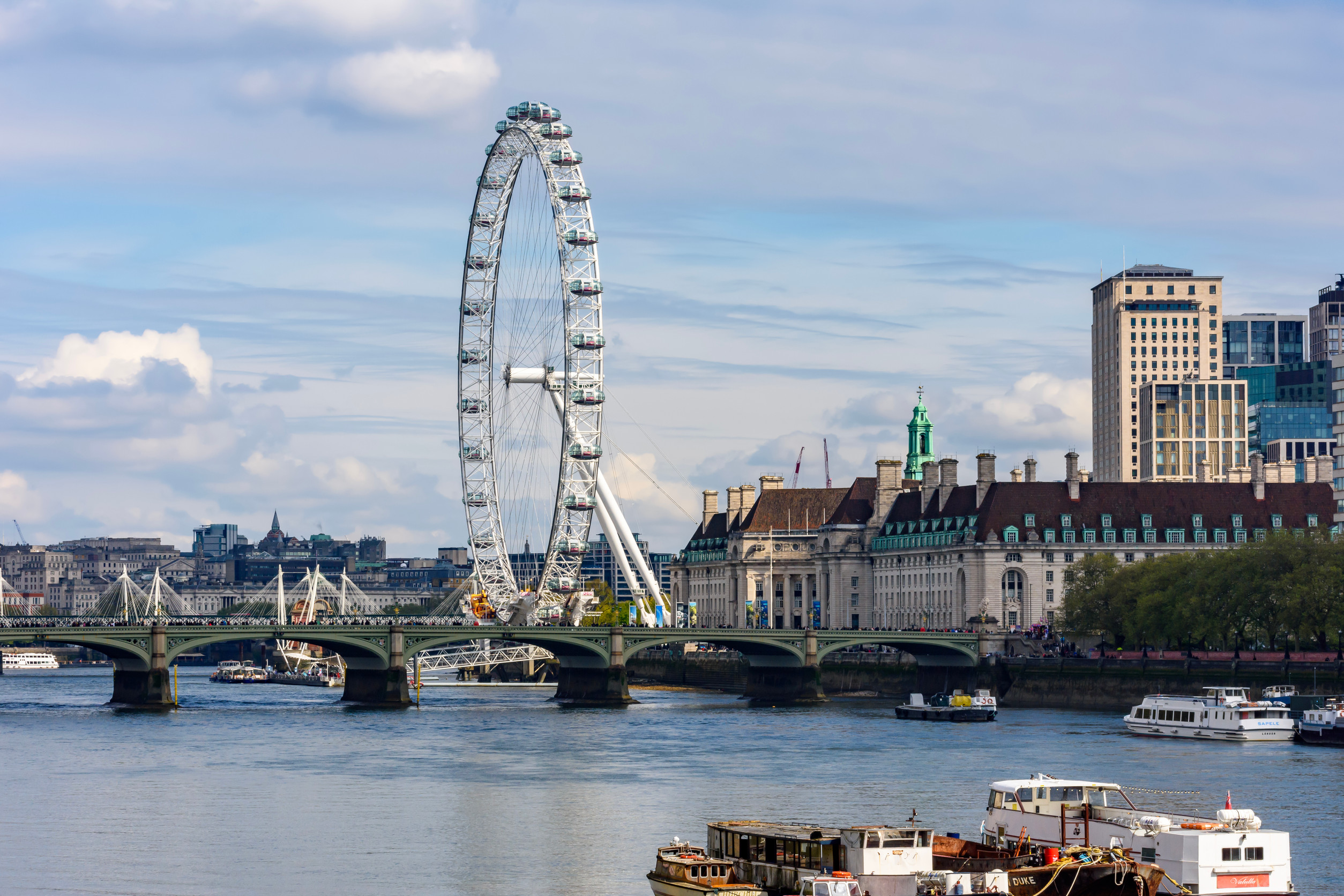Over two decades ago in Osaka’s Nishinari Ward, a group of hostel owners and some others decided to start a “Stay-for-Free” volunteer movement to help the masses of homeless day laborers. Just last month, the altruistic community project hit its 10,000-guest milestone.
Back in the 1970s, when the Osaka Prefecture hosted the World Expo, it was estimated that around 20,000 workers lived in Nishinari. However, in the 1990s, many lost their jobs and homes due to the collapse of Japan’s bubble economy. A 1998 study led by Osaka City University found that there were 8,660 homeless people living in the city of Osaka, with a concentrated population of them found in Nishinari.
The chairperson of an association of hostel owners and others in the area at that time, Suminori Yamada, gathered the association members and insisted that they should “do something for the workers on the streets.” Inspired, the group reached out to the Nishinari labor and welfare center to see how they could help. Eventually, the 30 participating facilities decided to offer one-night stays free of charge to homeless workers.
While the accommodations for the Stay-for-Free project are often quite small, they are comfortable and sometimes even come with a pair of new underwear. “I could rest well, unlike when I slept in a large room with other people,” says one man who had used the service before. “I was in a good mental space when leaving the hostel the next day.”
More than 20 years after its launch, most of the workers affected by the economic collapse are now older, live in apartments, and receive welfare payments. That said, the Stay-for-Free program will continue to fulfill the role of a “safe haven.” The project continued despite restrictions regarding the pandemic, with 12 lodging places taking turns on different days of the week to offer free one-night stays.
“I hope the guests can rest on the tatami mats and recharge for the next day,” says Yasuhiro Okura, the hostel owner’s association chairperson and president of Business Hotel Fukusuke in Nishinari. “Us hostels have been supported by the workers in the area, and I want to continue the project to return the favor.”











